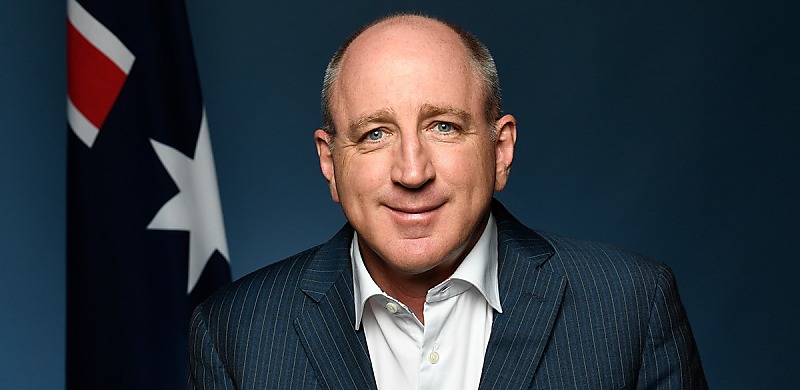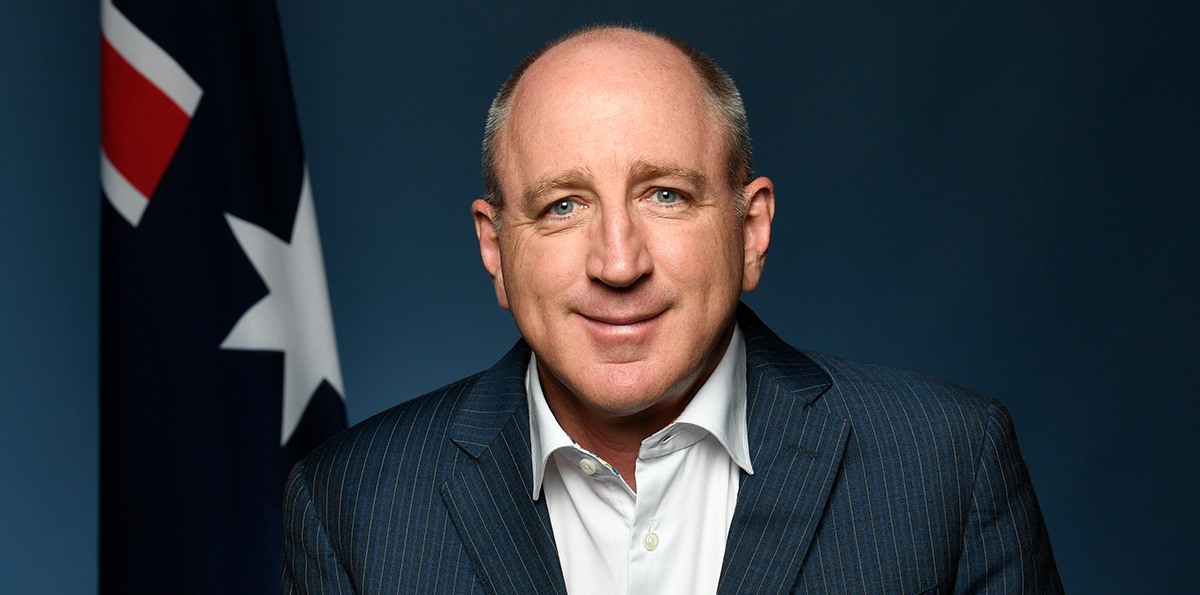
The Liberals would reduce immigration, enable superannuation withdrawals for first home buyers, and tweak serviceability buffers to improve affordability, according to Luke Howarth MP.
Howarth, the shadow financial services minister and shadow assistant treasurer of Australia, has revealed what a Liberal-National Coalition government would do to address the housing affordability issue should it win power in the upcoming federal election.
Speaking to Momentum Media for a special podcast episode, the Liberal MP said that while the Albanese government had promised “cheaper mortgages” in campaign speeches before the 2022 federal election, since then, there have been 12 interest rate rises, immigration has escalated rapidly, and housing supply has dwindled.
Howarth said that more than 600,000 migrants had come to Australia annually, placing additional pressure on housing affordability.
Speaking on the podcast, he said: “We have seen immigration ramp up considerably, [and] at the same time, we’ve seen 12 interest rate rises under the Albanese government. And what that has done is made investors go: ‘Well, I don’t want to build a new house, I can’t afford to do it when interest rates are going through the roof’. And so, it doesn’t make sense to us to bring in 600,000 migrants a year at the same time as housing affordability not being there. You need to match migration with housing stock.”
According to the shadow financial services minister and shadow assistant treasurer of Australia, if the Coalition were to gain power, it would “bring immigration back to around 150,000 people per annum to try and match it with the stock” and work to get interest rates down and inflation down by “better managing the economy”.
“[Liberal leader] Peter Dutton knows what he needs to do,” Howarth said, pointing out that the Coalition had previously introduced several policies to try and help first home buyers, such as the First Home Super Saver Scheme, the First Home Deposit Scheme, and the deposit scheme for single parents as well.
He said that the Coalition would also look to bring in its super for housing scheme (an initiative first announced ahead of the last election) that would enable first home buyers to use up to 40 per cent, capped at $50,000, of their super savings for a home loan deposit.
“We’re going to allow first home buyers to take a percentage of their super out that might help them get into the housing market to buy a unit or a house quicker. And then when they sell the property, say in 10 years time, that deposit goes back into their super plus a share of the capital gain,” Howarth said.
“Now, this is not rocket science. Labor and the industry super funds want to say: ‘Oh well, it’s the worst thing since sliced bread. It’ll push up the cost of housing.’ Well, not if you reduce immigration a little bit back as well. We think it’s good policy.”
The shadow assistant treasurer also said that the serviceability buffer (which requires banks to assess borrowers on an interest rate 3 percentage points higher than the advertised rate) could be tweaked in order to better support home buyers.
“In relation to the serviceability buffer, I think that could be looked at,” he told Momentum Media.
“We’ve had 12 interest rate rises. Why are they still factoring in another 12 at 3 per cent? Maybe look at changing that a bit to help people get in … I think they could look at that to reduce it and then respond accordingly.
“At the moment, they [APRA] just leave it sitting there and not adjusting it at all …”
Howarth said that he believed that it was a “lack of work ethic” that was holding back changes to the buffer.
“You’re getting paid to do the job, look at it and change it a bit more on a regular basis,” he said.
“We have one of the best banking systems in the world. We have low defaults. Even now, you know, with high interest rate rises, people are prioritising paying their loans. So, you know, I just think it’s a lack of work ethic, to tell you the truth.”
You can listen to the full interview with Luke Howarth, the shadow financial services minister and shadow assistant treasurer of Australia, here:

